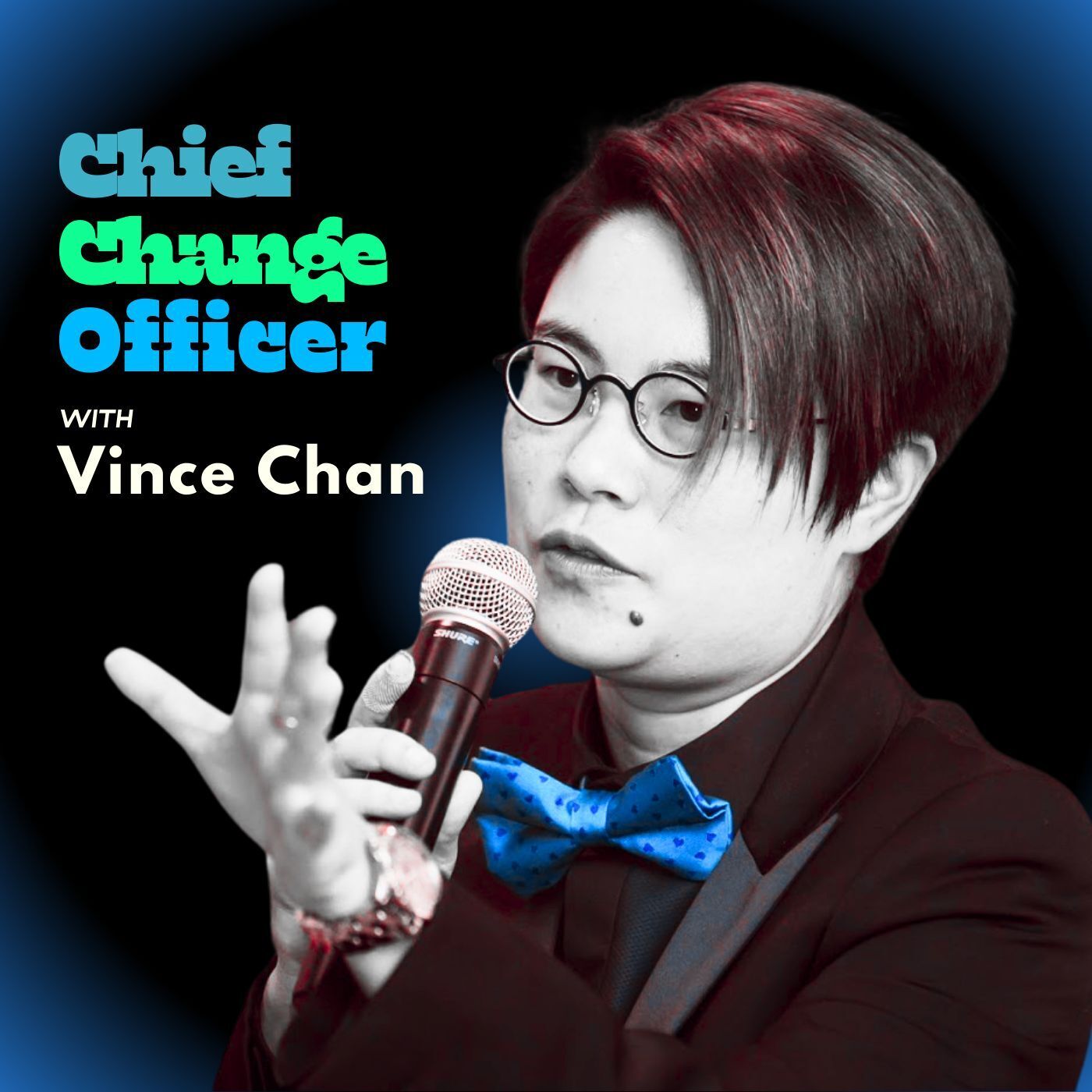#425 Waverly Deutsch: Love and Logic—Building Businesses That Actually Work—Part One
Waverly Deutsch doesn’t just coach entrepreneurs—she translates English to English, reframes stories with strategy, and helps even the most logic-trained professionals tap into their conviction. In this three-part series, we walk through her unusual path from consulting to Chicago Booth to founding WyseHeart, her pitch strategy firm.
Each episode reveals a new dimension of her journey: the personal (Part 1), the academic and instructional (Part 2), and the entrepreneurial, including her bold take on how to co-exist with AI (Part 3). Across every chapter, Waverly models what it means to coach with both love and logic—bringing clear frameworks to messy human dreams.
Key Highlights of Our Interview:
The Computer Scientist Who Loved Shakespeare
“I’ve always had a foot in both worlds—logic and emotion, code and creativity.”
How Waverly’s dual passions for computer science and theatre shaped her approach to business.
The Pivot Into Entrepreneurship
“I didn’t want to write code anymore. I wanted to solve problems worth solving.”
Why she left tech to help build a startup—and never looked back.
Real Lessons, Not Just Case Studies
“Harvard cases are great, but I wanted to teach with my own stories.”
How she built her curriculum at Booth from lived experience.
Founders Aren’t Born
“They’re shaped by experience, community, and the right mindset.”
What makes someone capable of starting—and sustaining—a business.
Emotion Belongs in the Room
“Business is about people. If you’re not teaching that, you’re missing the point.”
Why she teaches soft skills just as seriously as finance and ops.
_______________________________
Connect with us:
Host: Vince Chan | Guest: Waverly Deutsch
--Chief Change Officer--
Change Ambitiously. Outgrow Yourself.
Open a World of Expansive Human Intelligence
for Transformation Gurus, Black Sheep,
Unsung Visionaries & Bold Hearts.
EdTech Leadership Awards 2025 Finalist.
20 Million+ All-Time Downloads.
80+ Countries Reached Daily.
Global Top 1% Podcast.
Top 5 US Business.
Top 1 US Careers.
>>>200,000+ are outgrowing. Act Today.<<<
See Privacy Policy at https://art19.com/privacy and California Privacy Notice at https://art19.com/privacy#do-not-sell-my-info.
Press play and read along
Transcript
Transcript is processing—check back soon.





